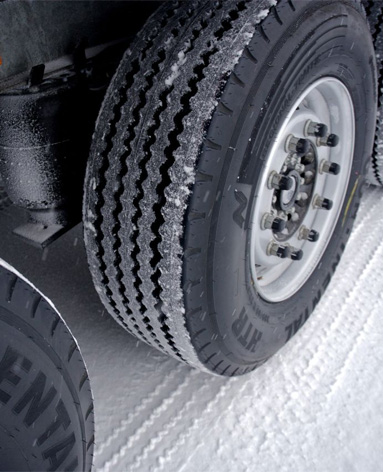Nov . 07, 2024 18:38 Back to list
Understanding the Role of Brake Drum Springs in Vehicle Performance and Safety
Understanding Brake Drum Springs An Essential Component in Vehicle Safety
In the intricate world of automotive engineering, numerous components work harmoniously to ensure vehicle safety and efficiency. One such integral element is the brake drum spring. Though often overlooked, these springs play a vital role in the functioning of drum brakes, which are still prevalent in many vehicles today, especially in older models and certain commercial vehicles.
The Role of Brake Drum Springs
Brake drum springs are designed to return the brake shoes to their original position after the brake is released. This action is crucial for preventing unnecessary wear on the brake components and ensuring that the brakes engage and disengage smoothly. When you press the brake pedal, hydraulic force pushes the brake shoes outward against the inner surface of the brake drum, creating friction that slows down the vehicle. Once the pedal is released, the springs pull the shoes back, allowing them to reset for the next use.
Types of Brake Drum Springs
There are generally two types of springs used in brake drum assemblies return springs and hold-down springs.
1. Return Springs These are the main springs responsible for pulling the brake shoes back to their resting position. They ensure that the brake shoes do not drag against the drum when the brakes are not engaged, which can lead to overheating and premature wear.
2. Hold-Down Springs These springs secure the brake shoes in place against the backing plate. They maintain the proper spacing and alignment of the shoes within the drum. Without hold-down springs, the brake shoes could move unpredictably, resulting in poor braking performance and potential safety hazards.
Importance of Proper Maintenance
brake drum springs

Like all mechanical components, brake drum springs require attention and maintenance
. Over time, springs can lose their tension, become corroded, or fail completely. A malfunctioning spring can result in brake shoes that do not retract properly, leading to undesirable consequences such as increased wear on the brake components, overheating of the drum, and reduced braking efficiency.Regular inspections during vehicle maintenance can help identify worn or damaged springs. If you notice unusual sounds when braking, like grinding or squealing, it may be indicative of spring issues or other brake failures. Early intervention can save costly repairs and ensure the safety of the vehicle.
Choosing the Right Springs
When it comes to replacing brake drum springs, it is vital to select the correct components for the specific make and model of the vehicle. Different vehicles may require different spring specifications, so it is advisable to consult the vehicle’s service manual or a professional mechanic. Using incorrect springs can compromise brake performance and safety.
Innovations in Brake Technology
While drum brakes and their associated components, including brake drum springs, have been around for decades, advancements in materials and technology continue to enhance their performance. Newer materials for springs can offer better resistance to wear and corrosion, ensuring a longer lifespan and greater reliability. Moreover, as vehicle safety standards evolve, manufacturers continually seek ways to improve the efficiency and safety of braking systems, including ongoing refinements to drum brake designs.
Conclusion
Brake drum springs may be small in size, but their contribution to vehicle safety is monumental. They ensure that the braking system operates efficiently, providing reliable performance when it is needed most. Understanding their function, recognizing the signs of wear, and ensuring proper maintenance can significantly enhance the safety of a vehicle. As automotive technology continues to advance, the importance of even the simplest components, like brake drum springs, will remain a cornerstone of vehicle safety and efficiency.
-
HINO Industrial Solutions - ¡Ң���ຽ��е��������˾ | Advanced Technology&Reliability
NewsJul.13,2025
-
HINO Industrial Efficiency-Jiangsu Hino Industrial|Productivity Optimization&Cost Reduction
NewsJul.12,2025
-
HINO-¡Ң���ຽ��е��������˾|Advanced Industrial Solutions&Energy Efficiency
NewsJul.12,2025
-
Premium Brake Drum Iveco – Durable Drum Brake Drum & Brake Shoe Solutions
NewsJul.08,2025
-
High-Performance Brake Drum Liza for Enhanced Safety Reliable Drum Brake Drum & Brake Shoe Solutions
NewsJul.08,2025
-
High-Quality Brake Drum MAZ – Durable Drum Brake Drum & Brake Drum and Brake Shoe for Optimal Performance
NewsJul.07,2025
